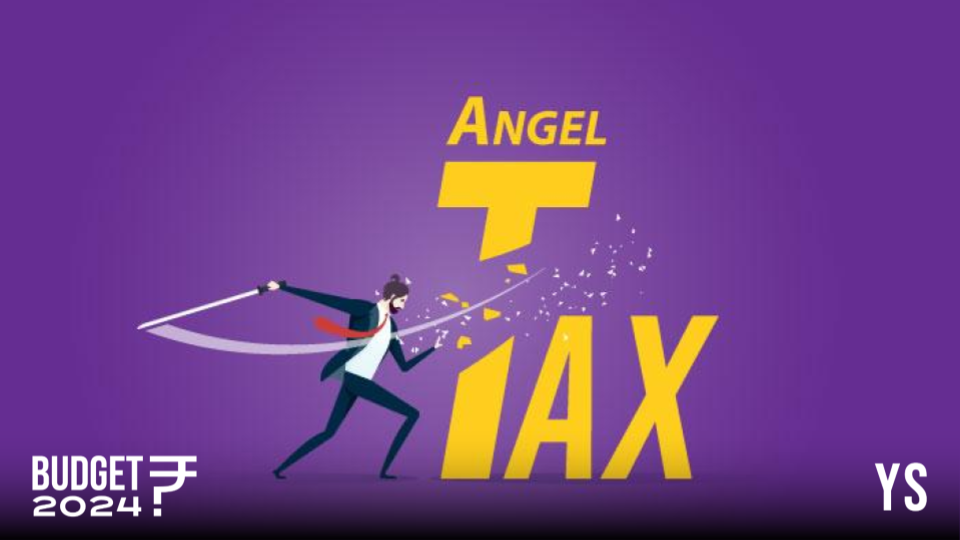Union Budget 2024-25 offered a big boost for the Indian startup ecosystem as it abolished the ‘Angel Tax’—a regulation which was a major irritant to both investors and startup founders.
While presenting the Budget, Finance Minister Nirmala Sitharaman said, “First of all, to bolster the Indian startup ecosystem, boost the entrepreneurial spirit and support innovation, I propose to abolish the so-called angel tax for all classes of investors.”

This has come as a huge relief for the Indian startup ecosystem as Angel Tax impacted capital inflow and increased the tax compliance burden for startup founders.
“The announcement of the removal of Angel Tax for all classes of investors is a huge reform. This is essential for startups to remain in India and build from here. This is a major step forward for Indian startups. It is a watershed moment in the Indian startup story,” said Siddarth Pai, Founding Partner, 3one4 Capital.
Angel Tax was first introduced in 2012 to plug the loophole used by certain unscrupulous entities that avoided paying tax by creating subsidiaries. Unfortunately, this provision under Section 56(2)(viib) of the Income Tax Act, 1961 negatively impacted startups seeking early-stage investments as authorities applied the mechanism of fair market value (FMV) of shares on the funding raised.
It levied a 30% tax burden on startups if the investment was “assessed” to be above the FMV.
A pre-Budget memorandum issued by NASSCOM stated that the FMV of asset-light tech companies is based on future assumptions and therefore can be easily questioned, and risks genuine investments being taxed at a high rate. “This creates serious impediments in raising capital,” it noted.
The industry body also noted that while there were attempts to address the problems that came with the Angel Tax, the core issue of “taxing perfectly legitimate capital investment” as income had not been addressed. Further, no study has highlighted whether the provision led to better enforcement of tax compliance.
“It took 12 years, but the startup industry can heave a sigh of relief that the dreaded angel tax has been removed,” Pai remarked.










![Read more about the article [Funding alert] Spacetech startup Pixxel raises $25M in Series A led by Radical Ventures](https://blog.digitalsevaa.com/wp-content/uploads/2022/03/Pixxelfinal-1648462946263-300x150.png)